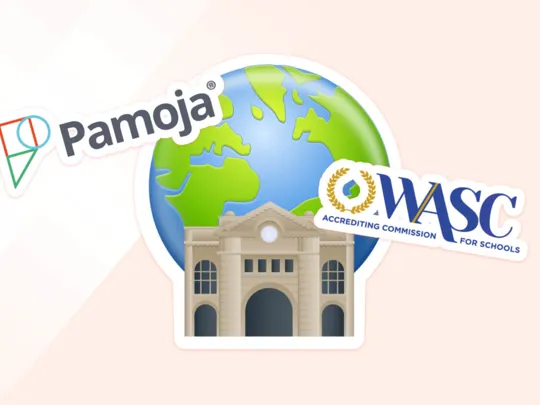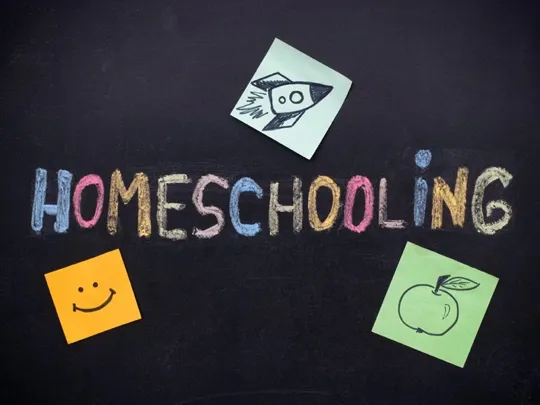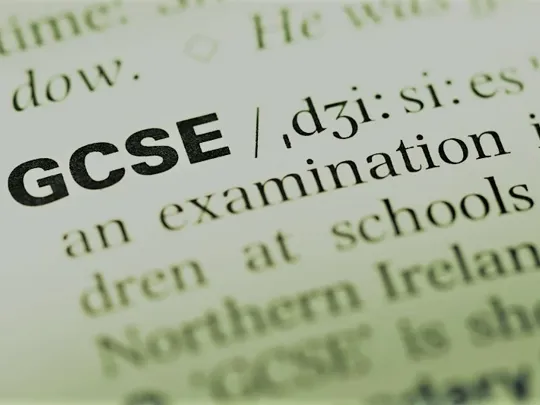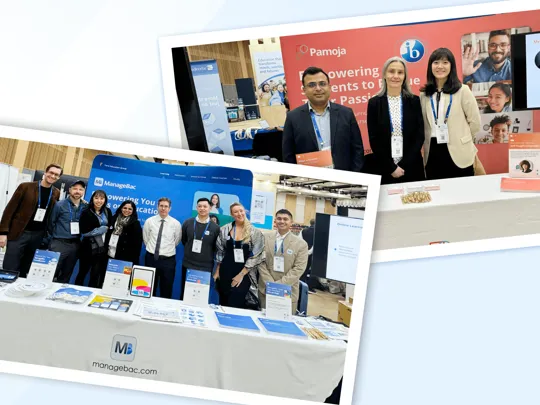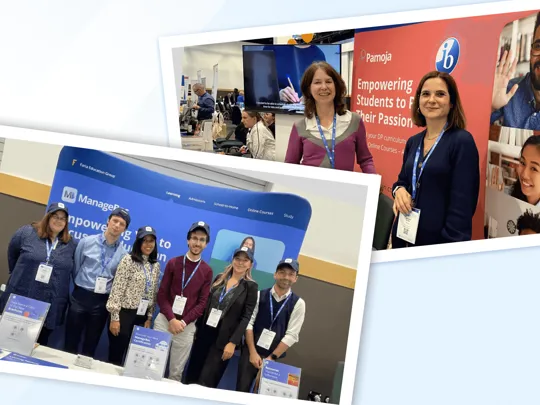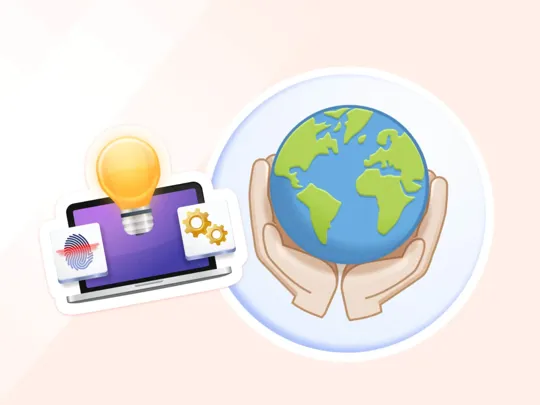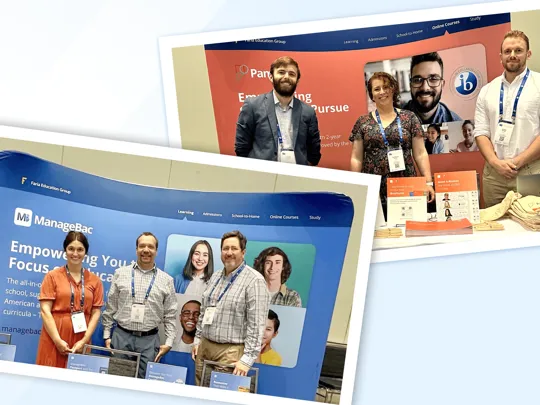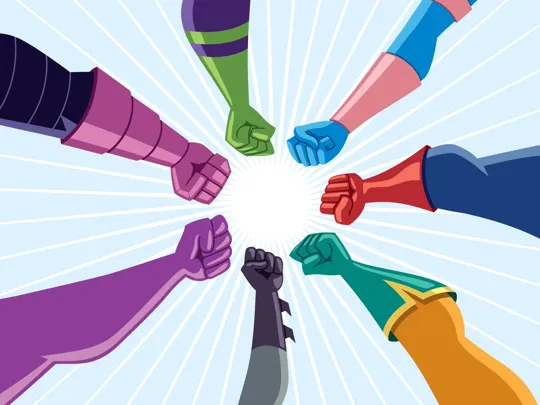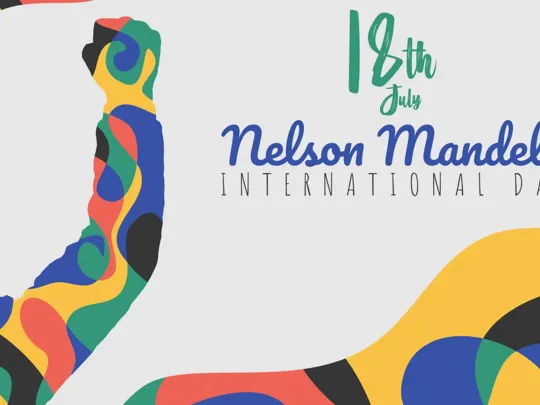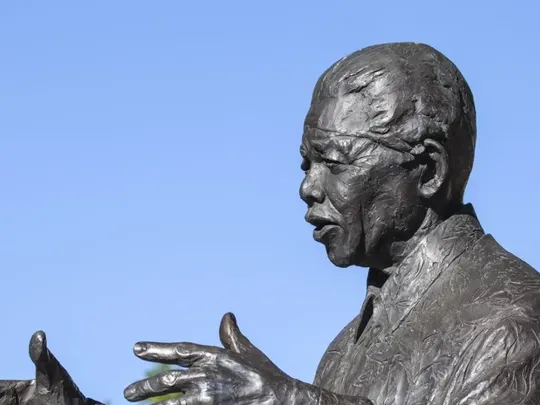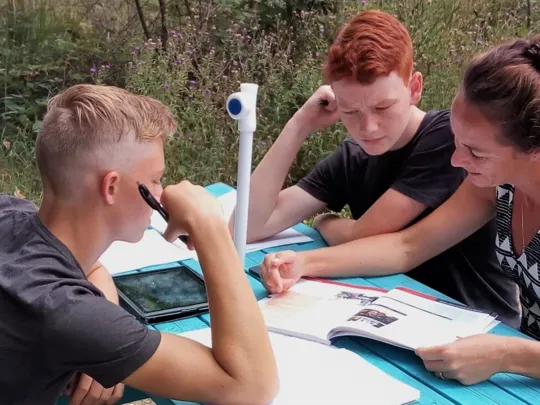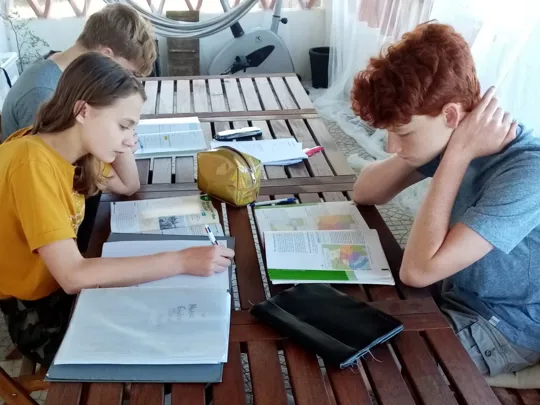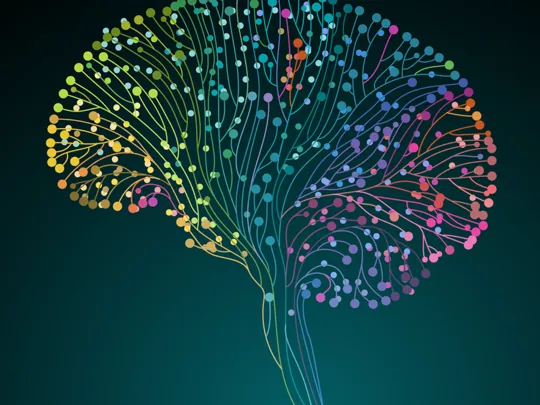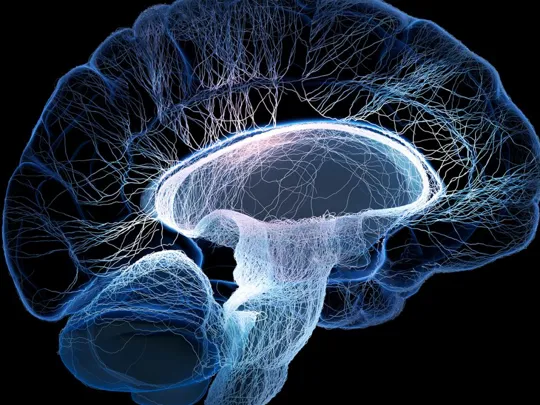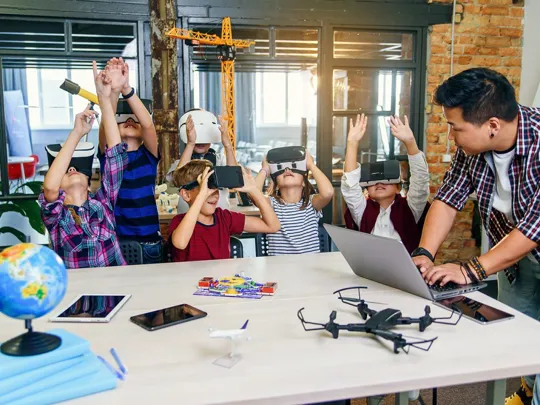A Reflection on Our Approach to Delivering the IB’s New Digital Society Course
Delivering a new subject can be filled with uncertainties and questions, but it is our work together as a teaching community that fosters student development and success. At Pamoja we are proud to be providing Digital Society in a completely digital medium. In their end-of-year reflections, our students overwhelmingly identified the study of AI and robotics as their favourite units in the course, allowing them to discuss candidly a tool that has the world divided!
In this blog, Pamoja’s Course Advisor, Zena Bjorgen, shares her reflections on our approach to course delivery.
Digital Society Pamoja Online Course – the first year
In my last blog post “New Subject: DP Digital Society”, I reflected on the preparation and planning that took place to launch our brand new IB DP Digital Society Online Course. I shared some of the exciting changes to the approaches to learning, supporting a focus on inquiry. This comes as part of the new Digital Society syllabus transitioning from Information Technology in a Global Society (ITGS).
Now that a year has passed, I wanted to share what this inaugural year of teaching and leading this course at Pamoja has meant to me, as well as show what our students have been working on.
Introducing the course
We devoted the first few weeks to introducing the Digital Society course, the Digital Society Concepts, Content and Context, as well as establishing healthy habits to help students succeed in their online learning experience. Our Digital Society course also aims to help students build time management skills and encourage them to take ownership of their own learning. Doing so sometimes requires a mind shift for students, and there is a learning curve.
This process leads to a well-rounded student who is self-directed and practices inquiry, one who is ready for the next academic challenge following graduation from high school.
Students have explored topics related to data, algorithms, computers, networks, the Internet, media, artificial intelligence, robots and autonomous technologies, simultaneously connecting all of those to the course concepts. A particularly popular topic for many of our students has been the unit on artificial intelligence.
Adapting to students’ interests
Besides being relevant given the explosion of ChatGPT in recent months, exploring this timely topic allowed the students to study and discuss the impact and implications of Generative AI in education and other areas. Some of our teachers used Generative AI for creating supportive resources and some students even selected this area of study as the topic of their Internal Assessment research.
The Internal Assessment has changed drastically, compared with the previous ITGS course syllabus. Our approach for the Digital Society online course is to provide multiple weeks of introduction and preparation for the students to become familiar with, and prepare for, the IA.
Because the course is built around inquiry (self and teacher-directed), pursuing an Internal Assessment Inquiry Focus comes naturally, resulting in the students organically selecting an area of interest. In addition, our course helps students develop when it comes to research, analysis, and using digital systems, those being the essential skills that the students need to successfully complete this critical component. The beauty of an online course that requires using digital systems to study our digital society is that students are constantly exposed to them.
If you or your students are interested in learning more about our IB Digital Society online course, please get in touch.
A student’s reflection on the IB Digital Society Pamoja Online Course (by Bárbara, M2024 Cohort)
“Overall, I am very satisfied with the IB Digital Society Pamoja Online Course. I wasn’t sure about what to expect when the course began, and I worried that I would struggle with the amount of independent work required. However, the course fulfilled and exceeded my expectations.
It is very well structured to support learning, so you are always given a clear outline of the topic, which is useful for independent study. Studying in this way means that you can revise for exams easily, and be better prepared for what you will learn in the future.
The course is delivered on Pamoja’s online learning platform, which is excellent at helping students keep up with their assignments. You receive weekly notifications about tasks that are pending, and announcements from your teacher.
Personally, I really enjoyed the assignments we were given, especially the research ones that gave me the chance to investigate the concepts I am most interested in and find real-life examples. I also appreciated how most weeks we were encouraged to share our findings with classmates, and had the chance to read and comment on their work. This made us interact with each other – even though we didn’t come together face-to-face, we talked frequently.
At first discussion tasks were challenging because we had to organise our time to be able to learn the content, do the research, and post our findings two days before the deadline so our classmates would have the time to comment on our posts. With good time management, this too became easier. Also, the online teachers were very considerate of our different timetables; they planned two zoom meetings almost every week so students could attend at least one when it best suited them.
Before joining the course, I was worried I’d have no time to attend any meetings, and that I wouldn’t receive enough guidance. However, my teacher responded to all my questions incredibly quickly, and was very understanding of any issues I had.
In summary, I enjoyed this course so much that it inspired me to write my EE on quantum computers!”










